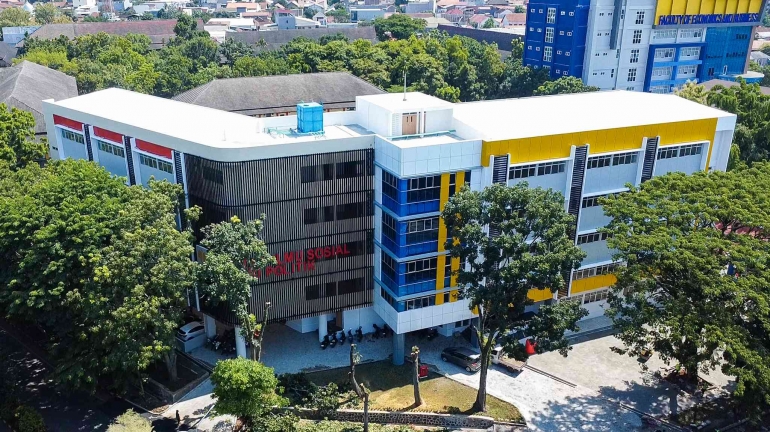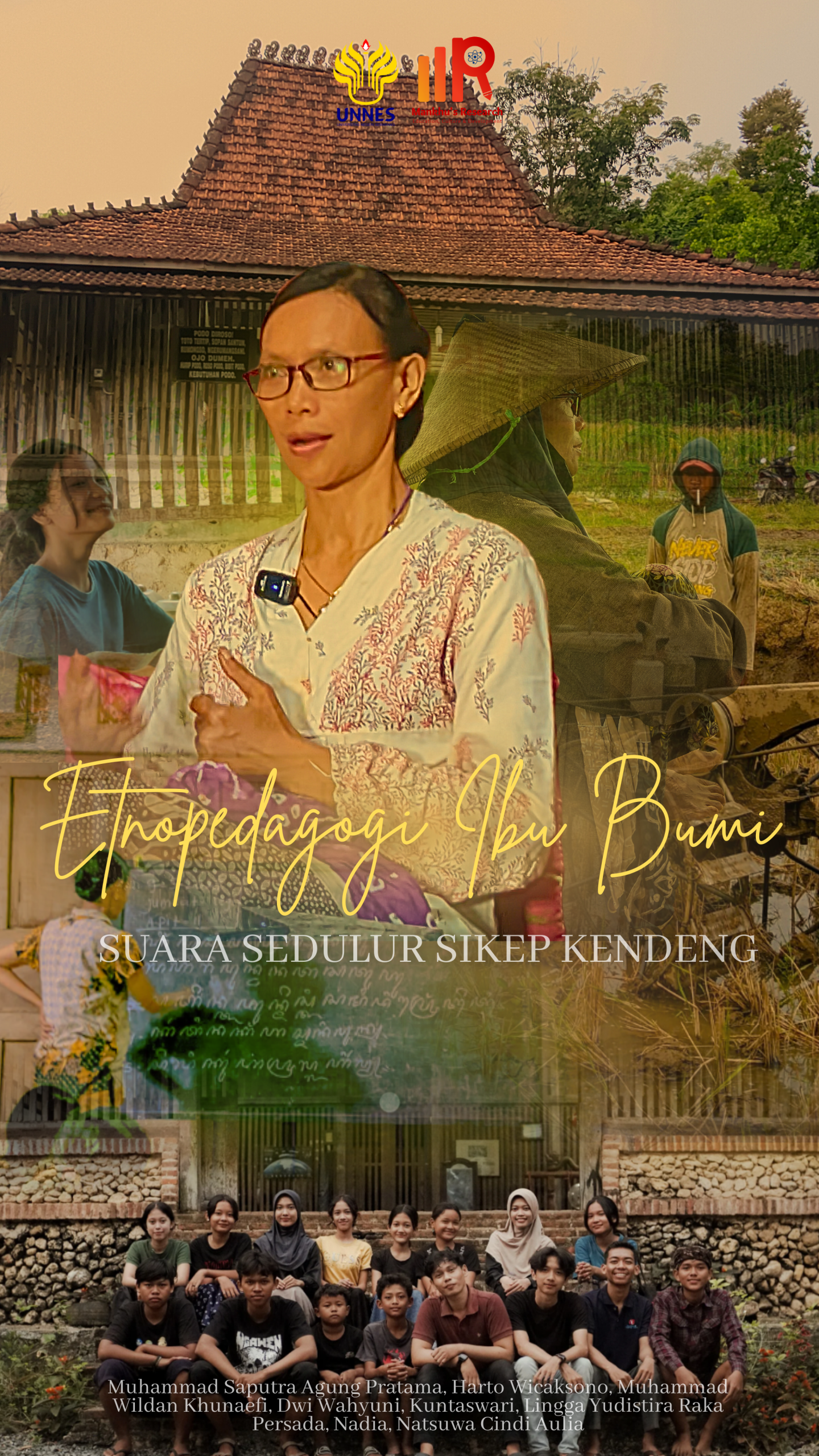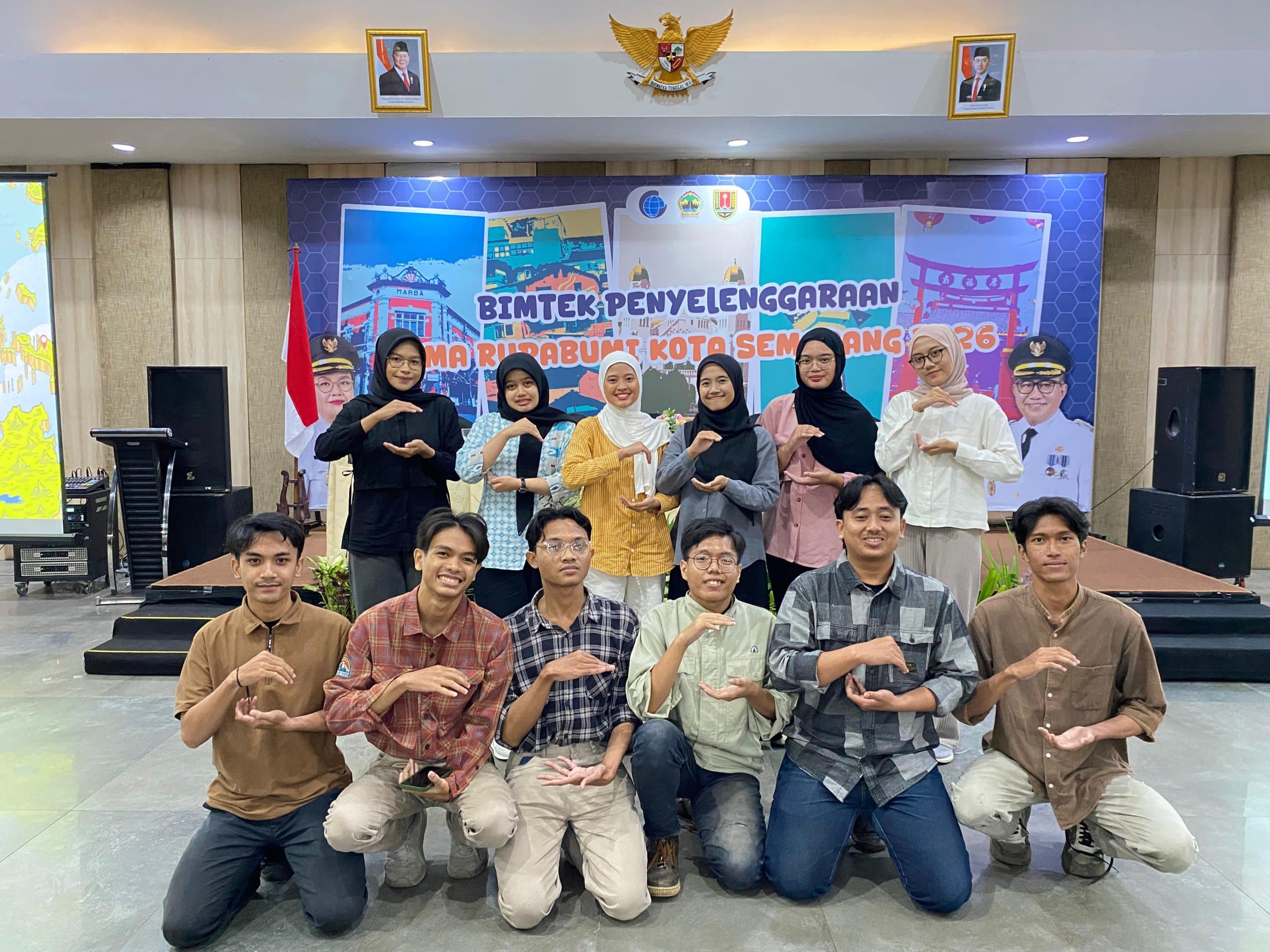Kampung Melayu Semarang is a village where there were once many immigrants of Malay descent who lived in the area to trade. Then other nations such as Arabs and Gujarati Indians as well as Chinese and Europeans landed in this village to trade and preach. Then the Arab and Gujarati Indian immigrants who were Muslim built a place of worship on the banks of the river which at that time became a port. They built a mosque and it is still there and remains original, and is used for worship. The name is the Menara Mosque, the Tower Mosque is one of the oldest mosques in Semarang which was founded in 1802. This mosque is located on Jalan Layur, Dadapsari Village, North Semarang, Semarang City, Central Java Province. The Menara Mosque is located on one of the important trade transportation routes during the Dutch era. The architecture of the construction of this mosque is influenced by Javanese design with the characteristic of the three-story “Tajuk” roof structure.

The Menara Mosque has a very important meaning for the Malay village community. The Manara Layur Mosque, commonly referred to as the Manara Kampung Melayu Mosque, has a large and tall tower that was used to echo the sound of the call to prayer so that it could be heard by local residents because in ancient times they did not use loudspeakers like they do now. The tower at the Layur Mosque at that time had a function as a beacon for observing merchant ships passing by in Kali Semarang. The initial building of this tower mosque had two floors, but it was often affected by tidal flooding caused by the location of the mosque being close to a river and harbor, resulting in a reduction in the height of the building and also the number of floors. The mosque, which originally had two floors, now has one floor that is above because floor 1 has been submerged and covered by land by the surrounding community, and the second floor is now the main floor used to carry out worship activities.

Apart from being used for worship activities, the Menara Layur Mosque also still maintains its various traditions. Some of these traditions can only be found in the area of this mosque, such as the tradition of serving Arabic coffee when breaking the fast in the month of Ramadan. In addition, in this mosque, female worshipers are not allowed to enter the mosque. According to Habib Umar, a community leader there, the reason for the absence of this female congregation was that in ancient times women were prohibited from leaving the house, so it was recommended to carry out all activities, including praying, at home. This is the reason why the Menara Layur Mosque, since its inception until now, has not allowed female worshipers to enter the mosque.
The Menara Mosque is also not used to carry out Friday prayers because it is not sufficient to accommodate the minimum number of congregations for Friday prayers, and there are still other mosques that are more important for Friday prayers. During the month of Ramadan, the Tarawih prayer is held at 20.00 WIB, but the call to prayer is echoed when it is entering the evening time, like in other mosques or prayer rooms; this is a hereditary tradition from the ancestors. At the time of iqamah, this mosque also does not use loudspeakers. Another fact about the Menara Mosque is that there is no charity box, which is often found in mosques in general. This is due to the provisions that have been agreed upon from generation to generation, both by the group of mosque founders and by the surrounding community. The construction and renovation of the mosque building were also not funded by the government. Habib Umar said that all the funds for the activities that took place at the Menara Mosque also came from the surrounding community.
The Menara Mosque is still highly guarded by the local community, even though it is hundreds of years old. This is because the building of the Menara Mosque is a legacy from their ancestors and has a very important meaning for the Muslim community in Kampung Melayu. The surrounding community also continues to maintain the traditions and provisions that have been in effect since ancient times, with the aim of respecting the former people who founded and carried out all religious activities in this mosque. Although written information about this mosque is still minimal, verbal information from the surrounding community is still maintained, especially with the many Arab descendants living in the Malay village. The existence of the Menara Mosque is maintained.

Based on Mayor Regulation Number 25 of 2010 concerning Architectural Requirements for Buildings in the City of Denpasar, “a building is a physical form of the result of construction work that is integrated with the yard as the place of residence, all of which is above and or under the ground and or water”. The building functions as a place for humans to carry out activities, both residential and non-residential, religious activities, business activities, social activities, cultural activities, and special activities. The additional explanation is allegedly due to the additional word building (PP No. 36 of 2005). Historic is understood as having historical value. The intended value can mean a dimension that represents culture as well as civilization framed by time, material identity, technology, and science and may contain aesthetic and functional values. This historic building has even become an icon and identity for every region in Indonesia, such as the Layur Mosque as an icon and identity for the Malay village. In fact, the Layur Mosque in a Malay village is a historic building that has transcended several civilizations. Even though management and maintenance are carried out by the local or surrounding community, students make visits as a form of social conservation. Clearly, the function and purpose of visits by students to the Layur Mosque are intended to preserve and get to know Indonesian culture. Indonesia is a nation that has a wealth of history and culture. This wealth is still stored in many corners of Indonesia. This preservation is intended to increase love and not forget identity in a cultured Indonesian society. Indonesia’s cultural wealth is a priceless heritage because of its uniqueness. Through several observations and interviews conducted by students, it is known that the Layur Mosque has also gone through and carried out conservation in the form of reconstruction, adaptation, and revitalization by the surrounding community.



